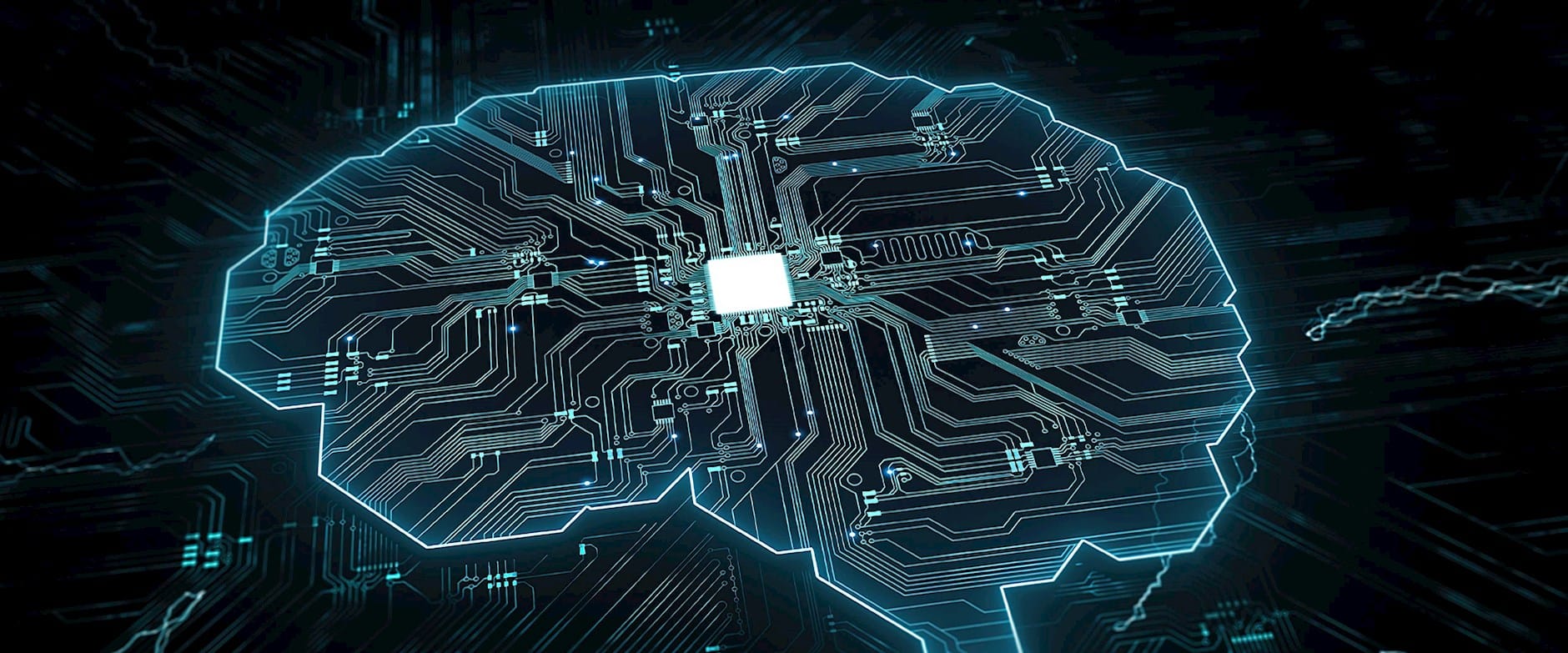In recent years, artificial intelligence (AI) has revolutionized various industries, and marketing is no exception. AI-generated content has become a powerful tool for marketers, enabling them to create personalized, engaging, and targeted campaigns at scale. From chatbots to content creation, AI is transforming the way businesses interact with customers and drive results. In this article, we will explore the top types of AI-generated content in marketing and how they are reshaping the industry.
1. Chatbots: Intelligent Conversational Assistants
One of the most prominent uses of AI in marketing is the implementation of chatbots. Chatbots are intelligent conversational assistants that interact with users in a natural language format. They can provide instant customer support, answer inquiries, guide users through product selections, and even process transactions. With advancements in natural language processing and machine learning, chatbots have become highly sophisticated, offering personalized recommendations and creating seamless user experiences.
2. Content Creation: Automated Writing and Design
AI has brought automation to content creation, making it more efficient and scalable. Automated writing tools can generate blog posts, social media captions, product descriptions, and other forms of written content. These tools use algorithms to analyze data, understand language patterns, and generate coherent and engaging text that matches a given style or tone. Additionally, AI-powered design tools can generate visual content such as images, infographics, and videos based on predefined templates and user preferences.
3. Personalized Marketing: Targeted Recommendations and Campaigns
AI algorithms have made it possible for marketers to deliver highly personalized marketing campaigns. By leveraging user data and machine learning techniques, AI can analyze customer preferences, behaviors, and demographics to provide tailored recommendations and content. For instance, e-commerce platforms can use AI to suggest products based on a customer’s browsing history or past purchases, enhancing the overall shopping experience and driving conversions. Personalization allows marketers to deliver relevant content that resonates with individual customers, improving engagement and loyalty.
4. Predictive Analytics: Data-Driven Insights and Decision Making
AI-powered predictive analytics is transforming how marketers analyze vast amounts of data and gain valuable insights. By processing historical data and identifying patterns, AI algorithms can predict future trends, customer behavior, and campaign performance. These insights enable marketers to make data-driven decisions, optimize marketing strategies, allocate resources effectively, and maximize ROI. Predictive analytics also helps identify potential customer churn, enabling proactive retention strategies and personalized re-engagement campaigns.
5. Voice Search Optimization: Enhanced Accessibility and SEO
With the rise of voice assistants like Siri, Alexa, and Google Assistant, voice search has become a significant part of consumers’ online interactions. AI plays a vital role in optimizing content for voice search, helping businesses stay relevant and accessible. AI algorithms analyze voice queries, understand natural language, and provide accurate and concise responses. Marketers can leverage AI to optimize website content, integrate voice search-friendly keywords, and enhance the overall user experience for voice-driven interactions.
AI-generated content is transforming the marketing landscape, empowering businesses to deliver personalized experiences, optimize campaigns, and improve customer engagement. From chatbots and automated content creation to predictive analytics and voice search optimization, AI is enabling marketers to stay ahead of the competition and meet evolving consumer demands. By leveraging AI technologies effectively, businesses can enhance customer experiences, drive conversions, and build long-lasting relationships. As AI continues to advance, the future of marketing holds even more exciting possibilities for AI-generated content.

